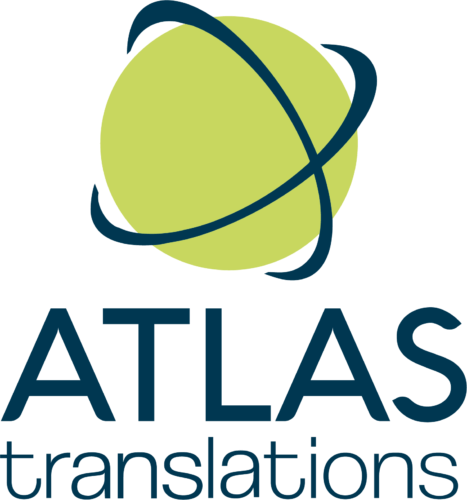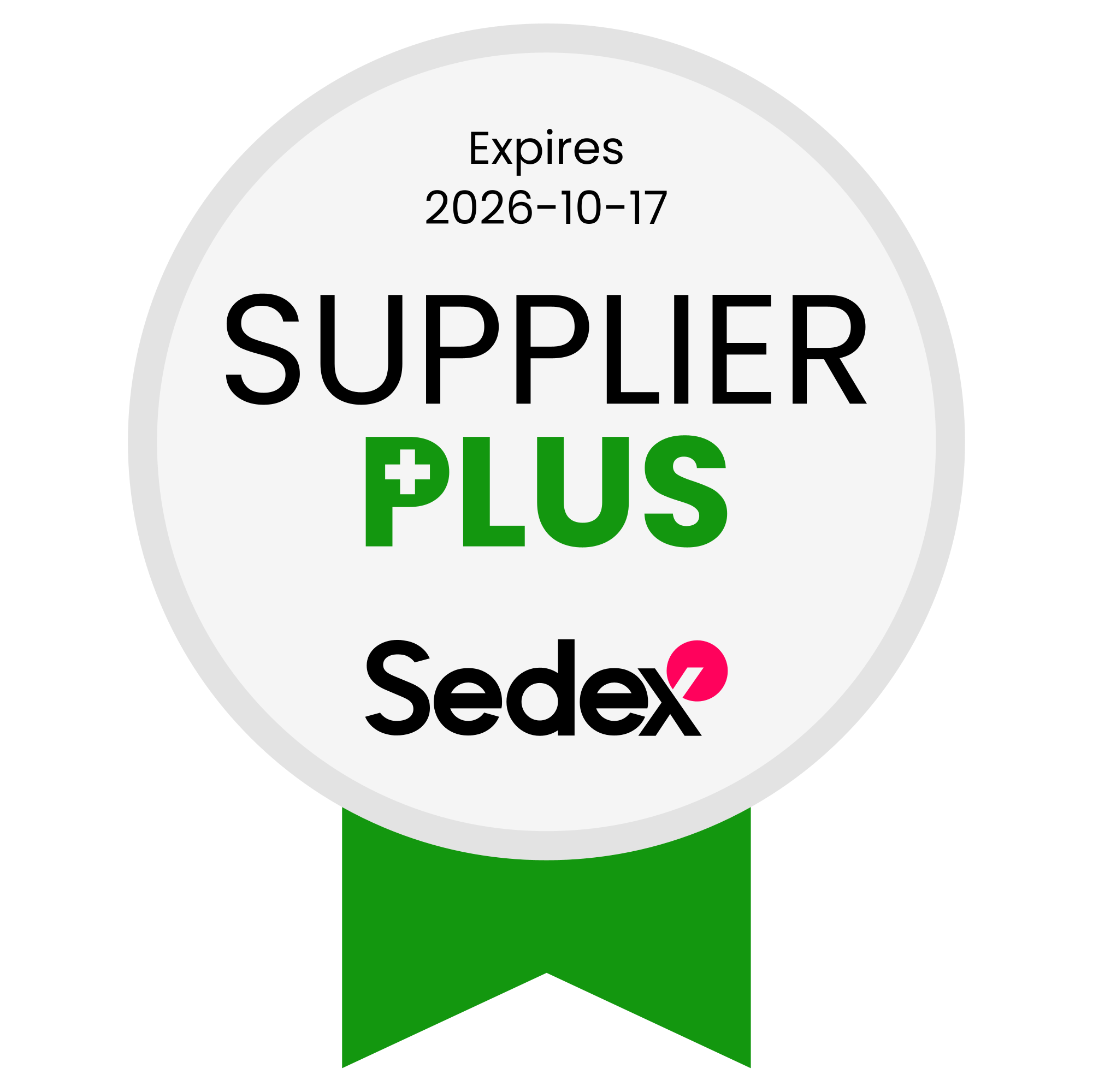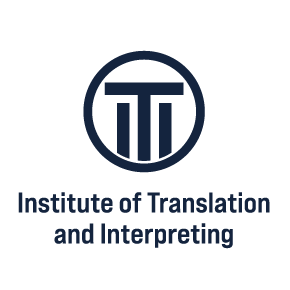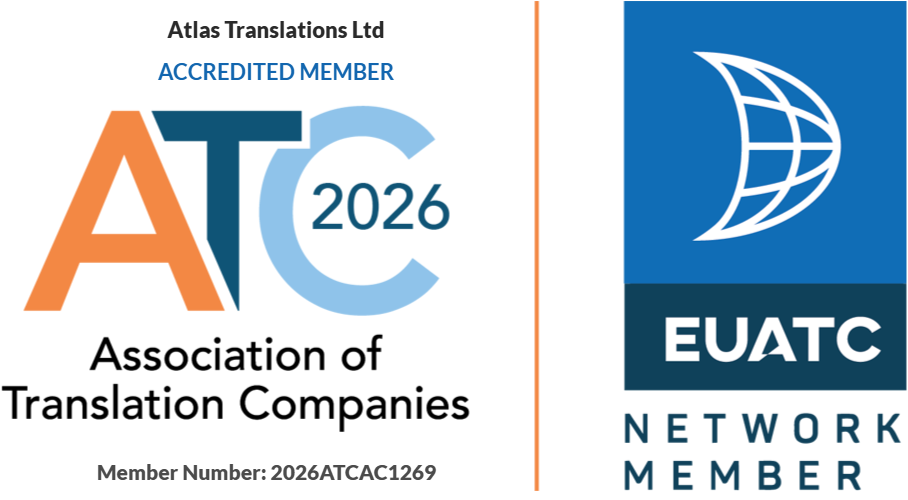The Role of Translation in Medical Research Publications
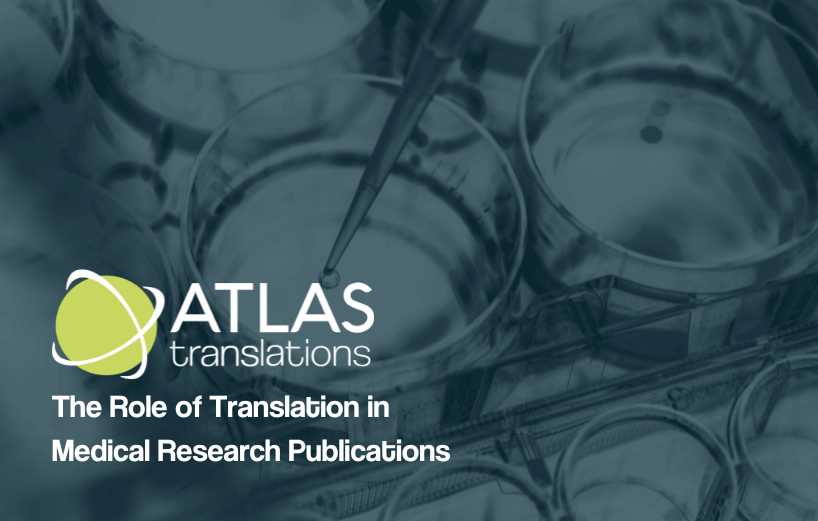
Medical research saves lives, but only when the people who need it can understand it. From clinical breakthroughs to epidemiological studies, the value of research lies not only in discovery but in dissemination. And that’s where translation slides in. Because when findings are locked in one language, their global impact shrinks. This week, we’re going to unpack how accurate translation in medical research publications helps to reach the people who need it most—and why it’s not something to ignore.
We’re Atlas Translations, and we’re available when you need us! Call us on +44 (0)1727 812 725 or email us at team@atlas-translations.co.uk to let us know what you need. We respond quickly to all enquiries⚡
Why Translation Matters in Medical Research
Luckily, medical research isn’t bound by borders. We say luckily, because the next cancer treatment might be trialled in France, reviewed in Japan, and adopted in hospitals across the UK.
But that process relies on one crucial step: making the findings readable, reliable, and recognisable across languages.
Here’s what high-quality translation makes possible:
- Global collaboration: Researchers can build on each other’s work without language barriers.
- Peer review access: Journals often require translations so findings can be vetted and verified internationally.
- Policy and practice changes: When governments and healthcare providers can read the research, they’re more likely to act on it.
Without proper translation in medical research, progress stalls, or worse, misinformation spreads.
And it’s not just about top-tier journals. Think of regional health authorities, patient advocacy groups, or interdisciplinary panels. Translation allows findings to move from the ivory tower of academia into practical, everyday use, turning theory into action.
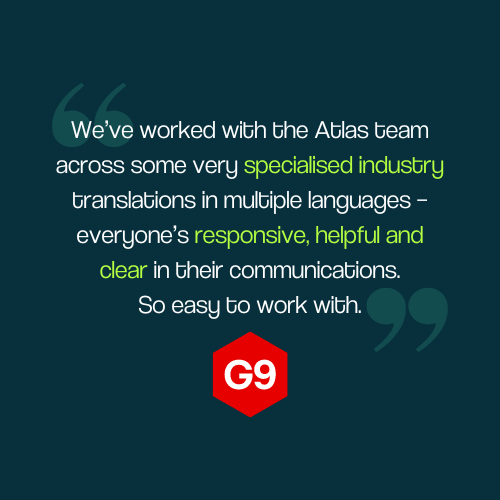
The Risks of Getting It Wrong
It should go without saying that medical research is not the place for guesswork or Google Translate. Wait, do we need to say it? No? Okay, so you’re good, right?
Inaccurate translations can:
- Misrepresent dosages, findings, or side effects
- Skew data interpretation across research teams
- Delay publication or result in outright retraction
And let’s not forget reputational damage. A single mistranslation in a high-stakes paper can call an entire body of work into question.
This kind of error isn’t just embarrassing; it can have real-world consequences and legal repercussions especially if translated findings are used to inform clinical practice, policy, or further trials.
In a field where trust is everything, accuracy graduates from nice-to-have to non-negotiable.
What Good Medical Translation Actually Looks Like
If you’re wondering why we threw Google Translate a wee bit of subtle shade, it’s because medical research publications are not the best place to use it. It’s not just about fluency—it’s about fluency plus subject matter expertise. Google Translate can help you buy milk, book a table at a restaurant, or ask directions to the beach, but a good medical translation requires:
- Linguistic precision, aka using the right terminology consistently.
- Understanding the medical and research context through the proper sector-specific knowledge.
- Maintaining citations, references, and technical layouts by using location-appropriate formatting.
That’s why specialist translators (often with clinical or scientific backgrounds) are essential. They’re not just translating—they’re preserving the scientific integrity of your work.
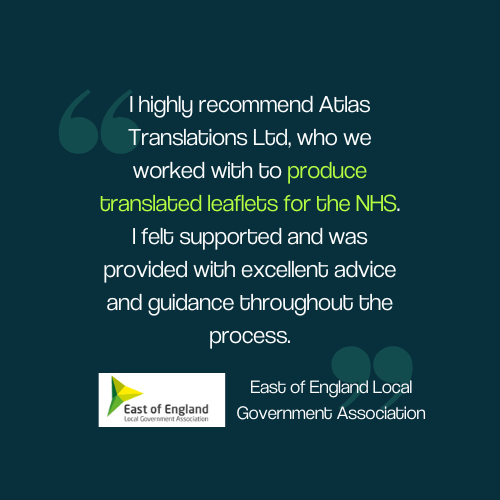
How Atlas Translations Supports Medical Research
Atlas Translations works with translators who specialise in medical and scientific fields; people who know their haematology from their hepatology.
Whether it’s a full research paper, clinical trial protocol, or patient consent form, every project gets handled with care, accuracy, and confidentiality.
Typical projects include:
- Research articles for peer-reviewed journals
- Abstracts and conference papers
- Study protocols and informed consent forms
- Medical device documentation and labelling
- Systematic reviews and meta-analyses
All translations can be supplied with a certificate of accuracy upon request, particularly for submissions and compliance purposes.
Benefits for B2B Clients
If you’re a medical publisher, CRO, or research institute, working with a translation partner like Atlas Translations means:
- Trusted accuracy: Sector-specific translators you can rely on
- Publication-ready formats: Files delivered in the right layout and with the referencing style
- Confidentiality and compliance: ISO-certified processes to protect sensitive data
Benefits for B2C Clients
On the other hand, if you’re an individual submitting research abroad or translating foreign findings for study, Atlas offers:
- Fast turnaround: Ideal for academic deadlines or peer-review submissions.
- Certified translations: Recognised by institutions and journals worldwide.
- Clear, helpful communication: No jargon, no hold music (unless you’re into that)—just a helpful team who “get” it.
It’s a Wrap!

Medical research publications can’t afford to get lost in translation. Whether you’re contributing to global understanding or making use of it, language shouldn’t be the barrier that slows things down. With expert translators on hand, your research work can go further—accurately, ethically, and internationally.
Contact Us
We’d love for you to contact Atlas Translations! We’re always here for a chat or to answer questions!
Call us on +44 (0)1727 812 725 or email us at team@atlas-translations.co.uk to let us know what you need. We respond quickly to all enquiries!
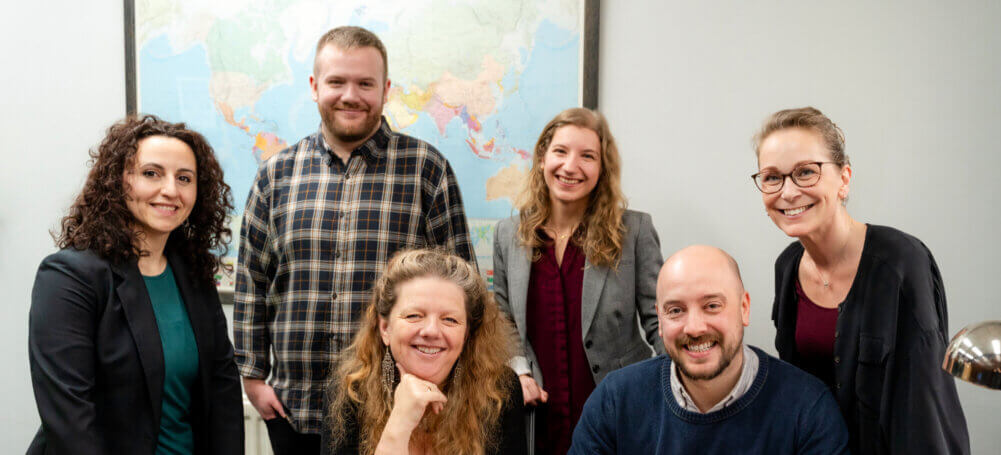
If you’d like to meet us face to face, learn more about our translation and language services, or deliver documents, please email or call us ahead of time to arrange a meeting.
Use the Live Chat option during UK working hours to ask us any questions. You’ll chat with a real, live human—we’re a bot-free zone! Just click the little icon at the bottom right of your screen to start chatting with us.
If you need a quick quote, we have a handy Get a quote button located at the top of our website where you can get an estimate for your needs.
Can I Trust Atlas Translations?
Yes, you can! But if you’re after something a little more concrete, here’s some info:
Atlas Translations holds two ISO certifications — ISO 9001:2015 (Quality Management) and ISO 17100:2017 (Translation Services).
If the project is highly confidential, we can sign a non-disclosure agreement (NDA) for added peace of mind.
Are you wondering if we’re up to date on privacy? We registered with the Information Commissioner’s Office (ICO) over 20 years ago and have always placed a high importance on data protection.
You can read more about our commitment to quality here.
Atlas Translations prides itself on providing fast, friendly, and high-quality language services. But don’t just take our word for it—see what our clients are saying about us.
We’re also on TrustPilot, and you can read our reviews here.
Global Voice, Local Touch
If you’re looking for some top tips for partnering with Atlas Translations, we have some top tips to share! We answer 25 of our clients’ most frequently asked questions, ranging from typesetting queries to discussing reference materials.
Click to download Global Voice, Local Touch
